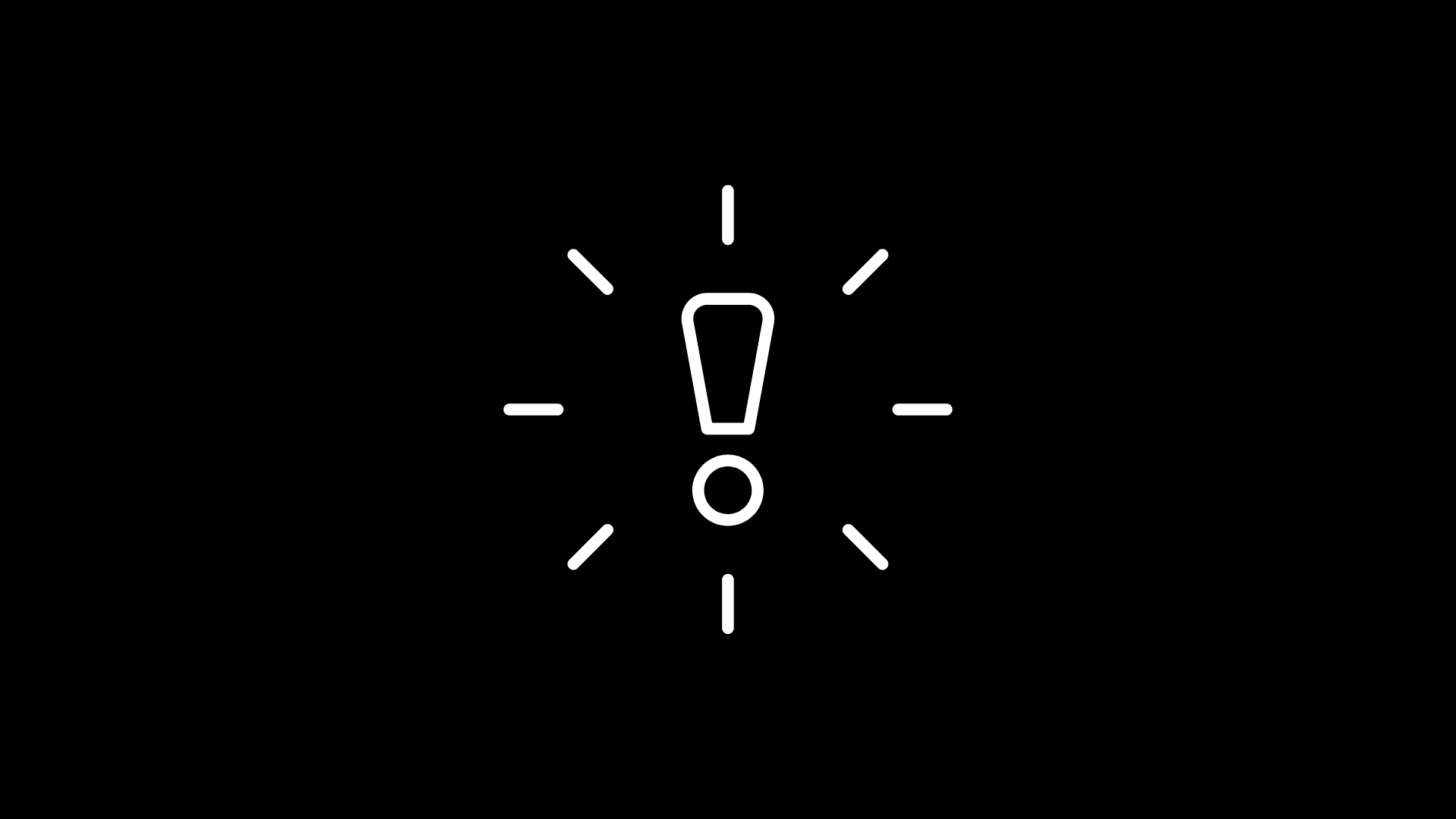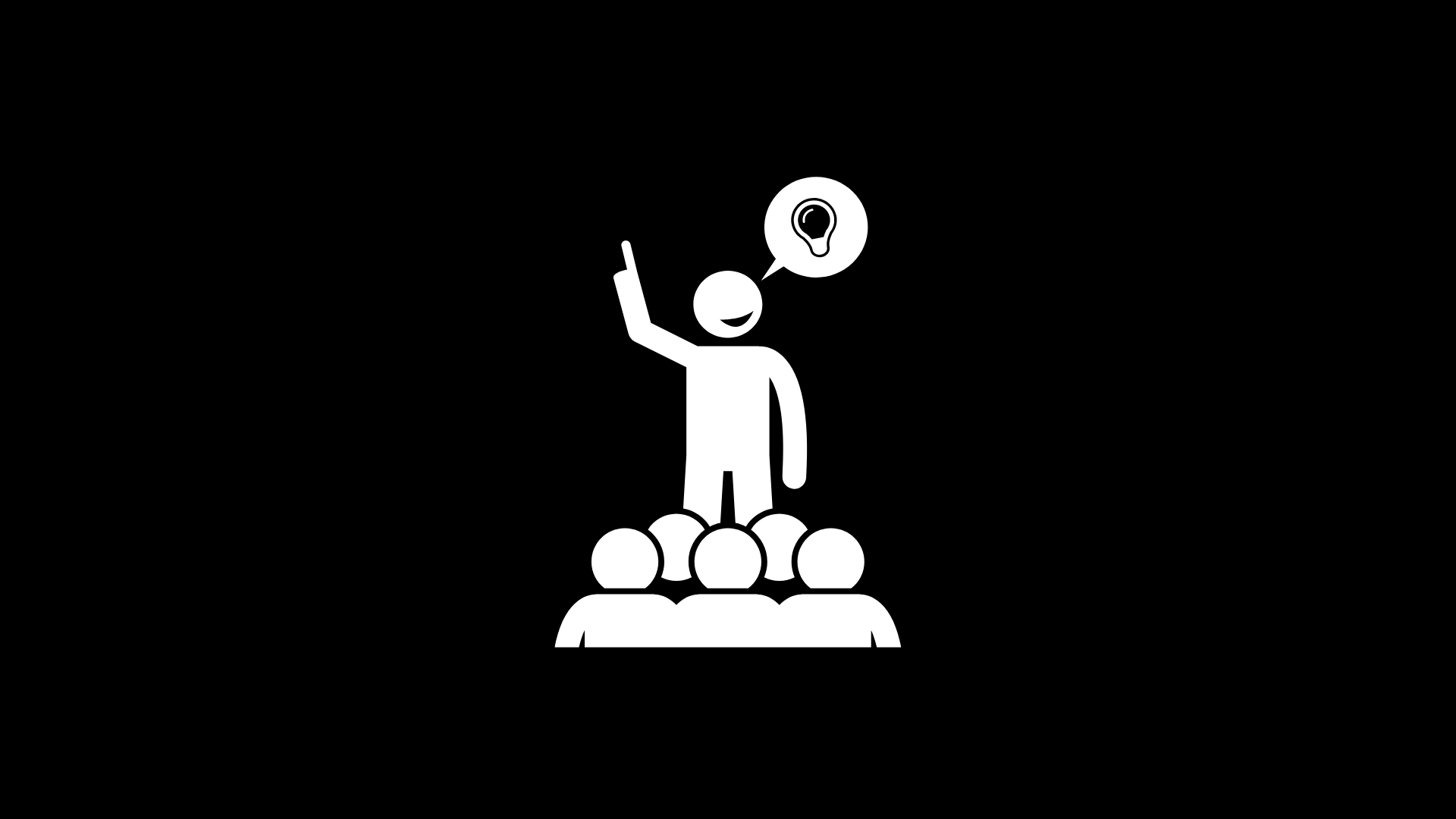I’ve taken a deep dive into the writing habits of some of the world’s most renowned authors like Ernest Hemingway, James Clear, Maya Angelou, and more.
I’ve noticed that six specific routines keep popping up over and over again.
These routines are the secret sauce to writing consistently and effortlessly every single day. They’ve worked wonders for me in developing my writing habits and I’m confident they can do the same for you.
In essence, the key takeaway is that great writing doesn’t just happen all at once. It’s not a single result, but rather the byproduct of multiple good habits working together. This means that a writer doesn’t just sit down and whip up an amazing article or novel in one shot. Instead, they’re able to craft great work because they’ve established and followed a set of daily habits.
What you see in a great writing are the words and sentences, but there’s a lot more going on behind the scenes to create those lines. It’s like the engine of a ship that powers it in the engine room but you don’t see it, but it’s crucial to the vehicle’s performance. Today, we’re going to peek under the hood and take a look at what drives good writing.
So, let’s dive right in and explore these habits:
Habit 1: Fuel Your Creativity
So, how do you supercharge your creativity?
When I first dipped my toes into writing, I thought the golden rule was to rise at 4 am every day, sit silently before my screen, and simply start crafting words. But, I quickly learned that wasn’t the case. Believe it or not, the best ideas often strike at the most unexpected places, like in the shower or during a stroll.
Research supports this — numerous studies suggest our brains function better and think more creatively when we’re on the move, rather than being stationary.
This fascinating insight led me down a rabbit hole of studying the habits of the world’s great thinkers and creators — from Steve Jobs to Charles Darwin. One common thread I noticed among these innovators was their love for walking; they used it as a tool to stimulate their thinking and creativity.
Intrigued, I decided to give this theory a shot.
I committed to walking 10,000 steps a day and was amazed by how it boosted my creativity. My favorite time to walk is early in the morning when the sun is just peeking over the horizon. I typically carry my phone to jot down thoughts and ideas while listening to podcasts. These walks have become a breeding ground for sparks of ideas that aid both my learning and writing.
What’s truly astounding is the flow state you achieve when combining a walk with a podcast that you’re genuinely curious about — it’s like a super-charged creativity boost.
My daily walks usually last about 1.5 hours, but even a 15–30 minute walk could do wonders. You could also break it down into two or three short walks per day. And remember to make note of those lightning bolt ideas when they strike!
What walking does is provide a fantastic opportunity to outline your writing. So, when you eventually sit down to type, you’ve got a clear roadmap of what you want to write. In essence, the magic of writing happens while on the move, not behind a desk.
From personal experience, I feel as though walking has rewired my brain, enhancing my neural connections. While I don’t have any scientific proof to back this up (I haven’t looked it up yet!), I do know that it has positively impacted my creativity. So, I’m going to stick with it!
Habit 2: Establish an Idea-Catching System
As I delved into the routines of great writers, the significance of an efficient idea-catching system became apparent.
Author David Allen of ‘Getting Things Done’ famously said, “The mind is for having ideas, not holding them.”
Ideas are like precious gems; they’re born from your thoughts, conclusions, or moments of insight about something. They come to life from the knowledge you’ve gathered, the books you’ve read, and the experiences you’ve lived through. When these elements collide, they ignite to create a spark of an idea. Since these ideas are so valuable, they’re worth capturing and saving for future reference. Think of it like this — every idea is a potential seed for a great story, so don’t let them slip away!
As such, it’s crucial to have a system in place to catch these ideas whenever and wherever they occur. Some people go to the extent of having waterproof notebooks in their showers!
My tool of choice is an app called Notion, installed on my phone. This app serves as a treasure chest of ideas, where I jot down any inspirational thought that occurs to me. And it’s not restricted to my musings; whether I’m engrossed in a book, scrolling through tweets, deep-diving into Medium articles, or soaking in a podcast, I record any valuable idea or new learning that catches my eye. Over time, I stitch these varied idea threads into a cohesive piece of writing.
The process of collecting ideas — both your own and those from others — and finding the connections between them sets the stage for your writing to essentially create itself. It’s a simple trick that makes the entire writing process a breeze!
So, go ahead and set up your idea-generation system that suits your style. Just keep harvesting ideas, and the writing will naturally follow.
Habit 3: Writing with a Timer
One common pitfall to avoid is believing that you should only write when you feel like it. Let’s be honest — there will be many days when the mood just doesn’t strike.
Relying on your feelings to dictate your writing schedule creates an erratic rhythm of start and stop.
Feelings and emotions are fickle, and not the most reliable guides to initiate your writing. What you need to cultivate is a disciplined mindset, one that doesn’t wait for the perfect mood, but takes charge to consistently write. This way, you can have control over your routines and develop sturdy habits.
In my exploration of the habits of legendary writers, I found a fascinating pattern. Renowned figures like Jerry Seinfeld, the billion-dollar comedian, and Gary Halbert, the billion-dollar copywriter, both adhered to a regimented writing schedule.
Every day, they dedicated sprints of 33 minutes each to pure, undisturbed writing.
During these dedicated writing sprints, all distractions were kept at bay, with the entire focus on one sole task: writing.
Sure, for the initial few minutes, the mind might drift and wander, but once that phase passes, the writing begins. By setting a defined start and end time, your brain knows precisely how long it needs to concentrate and write.
One handy tool is a kitchen timer.
Yes, your phone has one too, but remember, we aim to avoid distractions, including the phone while writing. Once you set your timer, ensure you’re completely focused on writing.
Start with small steps: train your brain to write in 20-minute blocks at the same time every day for a month. As your habit strengthens, gradually increase this to 30 minutes, then an hour, until you’re comfortably writing for two hours daily.
Reflecting on my yoga and meditation journey that began in 2015, my guru emphasized meditating at the same time each day. This habit formation primes the brain to perform a task to the best of its ability at a fixed time.
It’s beneficial to stick to a specific timeframe for writing each day, aiding in habit creation.
Remember, our brain’s functionality varies at different hours. Mornings might bring heightened creativity, afternoons may see a dip, and evenings might be more conducive to reading or activities requiring lesser concentration.
Of course, this varies from person to person, but the key is consistent timing.
Developing this habit makes initiating your writing sessions easier, allowing you to express your thoughts more fluidly. It offers you control over your writing, rather than it being at the mercy of emotions and moods.
Habit 4: Actively Eliminate Distractions
When I first started writing, I thought I could just use my willpower to shut out all distractions.
Boy, I was wrong!
In this digital age, we’re constantly being bombarded by notifications from various websites, Instagram posts, messages, and so on. These distractions are kryptonite for focus and concentration in writing.
Here’s my approach to solving this problem: I put my phone out of sight, switch off any notifications on my laptop, and set a digital kitchen timer. The trick is, I avoid looking at the timer because doing so tends to shift my brain into overthinking mode — wondering how long I’ve got left and how much longer till the finish line.
This, in itself, can be a distraction. So, the key is to minimize interruptions and just focus on pouring your thoughts onto the page.
So, the main goal is to minimize disruptions and allow your mind to freely transcribe your thoughts onto the page. Seek out a quiet corner that you’re comfortable in, away from any noise or potential distractions, and just start writing.
Habit 5: Permit Yourself to Be a Beginner
This habit is more of a mindset shift rather than a traditional habit, but it’s a critical piece of the puzzle in your writing journey.
In my early writing days, I was under the impression that I needed to be an expert before I could write an article or blog post. As a result, I spent countless hours consuming podcasts, reading articles, and watching YouTube videos, trying to gather as much knowledge as I could before I put pen to paper.
Unfortunately, this turned into a form of procrastination, cloaked as learning. When I finally sat down to write, I found I didn’t have a firm grip on the topic after all.
In an ironic twist, believing I needed to be an expert before writing prevented me from becoming an expert in anything.
Everything shifted when I began to share my thoughts and ideas openly, long before I felt fully qualified. Now, I write about topics I’m interested in learning about, which in turn speeds up my learning process. Listening to a podcast, mulling over the insights, and integrating my past learning and experiences into an article push my brain to learn more effectively and swiftly. Plus, I find this method of learning sticks with me longer.
Instead of claiming to be an expert, I admit, “Hey, I’m learning about this topic, and here’s what I’ve discovered so far.”
Don’t be scared to put your ideas out there, and don’t be afraid of seeming like a newbie. Once you adopt this mindset, you’ll see your learning curve accelerate significantly.
Habit 6: Seek Advice Not Feedback
In the early days of writing, I was caught in the snare of perfectionism, an ego-driven pursuit that often does more harm than good.
The key to overcoming this is to publish before you feel completely ready. Your writing will never reach a state of ‘perfect’ readiness.
As the saying goes, “Books are never finished; they are merely abandoned.”
Learning to welcome feedback is crucial, but a word of caution here: don’t simply ask for feedback, ask for advice instead. When you request advice, it shifts the perspective, making people more comfortable to offer their thoughts. They’re more likely to provide constructive suggestions this way.
Embracing this strategy will open up a world of “Internet Feedback” — an incredible resource where a global audience can provide insights, ideas, and critiques. This is a privilege we didn’t have in previous generations. Think of how this could have shaped the works of writers like Shakespeare!
Develop your writing habits, find what works for you, and the writing will naturally follow.
It’s all about consistent growth and improvement, one step at a time.










